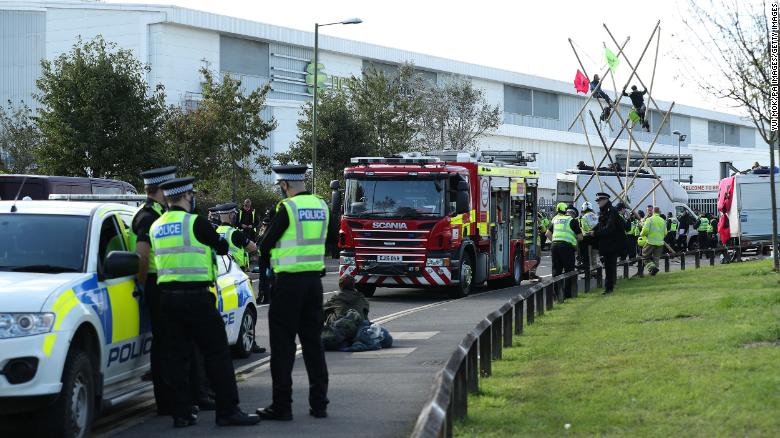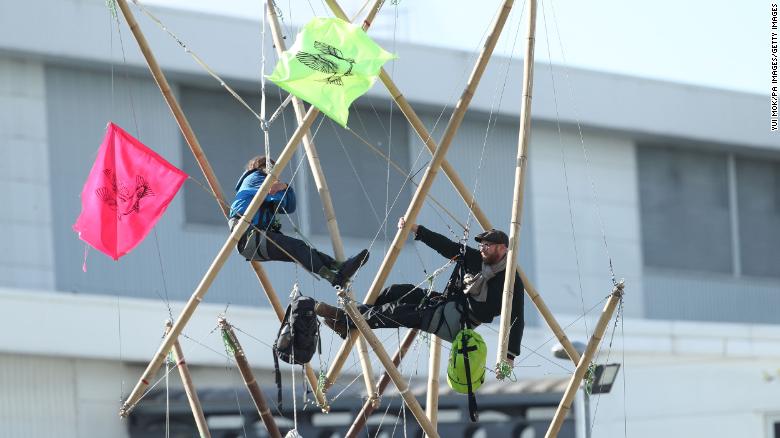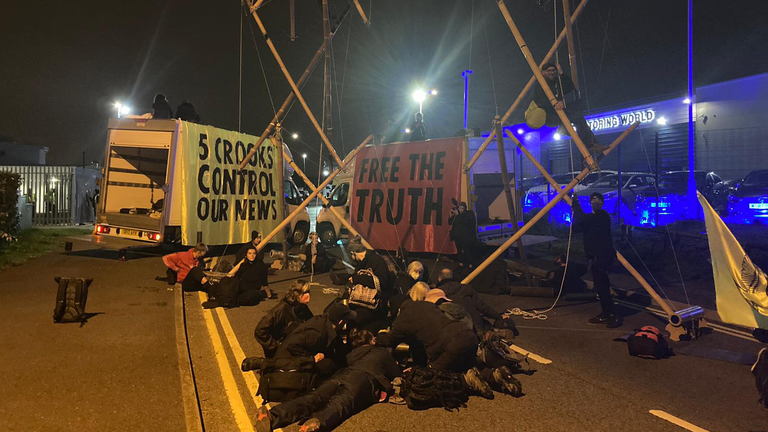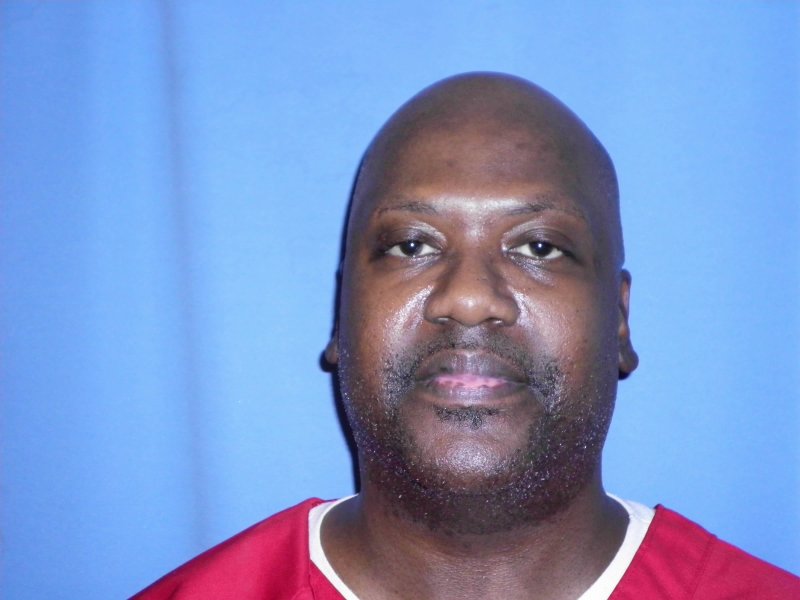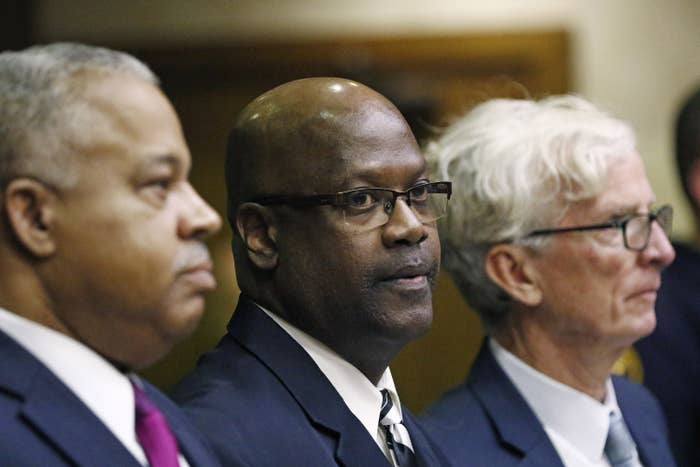Navajo woman who survived COVID-19 finds joy in simple steps

1 of 6
In this May 15, 2020 photo provided by Shannon Todecheene her mother Carol Todecheene, left, receives therapy services at her daughter's home in Tucson, Ariz. Carol Todecheene was among those severely hit with the coronavirus. (Shannon Todecheene via AP)
FLAGSTAFF, Ariz. (AP) — An ambulance whisked Carol Todecheene from her house in late March as some of her 13 rescue dogs barked and neighbors stood in their yards wondering what was wrong.
Some thought she had died as the number of coronavirus cases rapidly rose on the vast Navajo Nation, which at one point had the highest infection rate in the U.S.
Todecheene received so many calls and messages that her family let people know on social media that she had the virus. After weeks in the hospital, followed by rehabilitation, she’s among the COVID-19 survivors.
Recovery, though, doesn’t mean she’s OK.
It came with survivor’s guilt, trouble accessing health care and fear she wouldn’t regain her memory or her job overseeing transportation at the local school district, where limited in-person classes will begin this week.
Her own social media posts provide a glimpse of her journey.
___
March 21: “Gots to finish cleaning & sanitizing tomorrow. Remember...I’m not allowing anyone to my house. G’nite everyone #ShelterInPlace #FlattentheCurve”
By then, Todecheene had a stuffy nose, body aches and scratchy throat. One night, she was vomiting and coughing violently.
She tried to get tested for the coronavirus at a health center in the Navajo Nation town of Kayenta but was turned away twice because she didn’t have a fever or respiratory problems. Her daughter Shannon insisted she go off the reservation to get checked.
It meant an hourslong trip, with Todecheene riding in the backseat, and mother and daughter wearing masks.
Todecheene thought about how they hadn’t yet marked the start of the spring season with a blessing to Mother Earth for prosperity, health, protection and survival.
Before she received her test results, she was in the emergency room. She lost 85% of her lung capacity and much of her kidney function. She had to be flown to a Phoenix hospital and put on a ventilator and dialysis March 29.
___
April 25: “Water is sooooo good! I’m still working at getting 100% better. They keep telling me to eat & I’m trying but they want me to eat more. I told the nurse they need to put mutton on the menu then I will eat! Lol”
The last thing Todecheene remembered before being hospitalized was canceling meal deliveries to students in the Kayenta Unified School District because she feared for the bus drivers’ safety.
When she woke up in the hospital, she could barely talk after nearly three weeks on a ventilator. Her throat muscles were weak from the feeding tube. She didn’t know where she was and struggled to remember the year.
A friend had been texting her about home — the wind sweeping across mesas and rock formations, the sounds of sirens and a shelter-in-place order. Pictures of her dogs made her miss them even more.
Todecheene couldn’t lift her arms or steady her fingers to read the messages herself, so a nurse helped.
She thought about her kids, who were calling the hospital every day, and her late husband, Harry, wishing he could hold her and tell her things would be OK.
She found joy in finally being able to drink water, but her cravings for mutton — a traditional Navajo dish — would have to wait.
She also prayed she’d be able to walk soon.
___
May 2: “Got to sit outside today!! I touched the grass, the sidewalk, the leaves on the trees, the water from the water fountain & little dirt. The magnolia trees will be beautiful once it fully blooms. Things that was meaningless means so much!”
Sitting in a wheelchair outside a rehabilitation center she was transferred to in Tucson, amid the flowers and trees, felt like an awakening, Todecheene said. She hadn’t been outside since leaving her house in the ambulance more than a month earlier.
She got a plaque for Mother’s Day that read, “Carol Todecheene is a survivor of ovarian cancer, breast cancer and COVID-19.”
While she was considered recovered, she didn’t feel anywhere near normal. The headaches were excruciating. She was tired and achy. Her hands were numb and tingly. She lost almost 30 pounds.
Writing things down helped her remember.
Todecheene spent her 60th birthday at the rehab center. She visited her kids on opposite sides of a window that was cracked open. She wasn’t strong enough to sit up for long, so she braced herself against a wall, smiling.
She worried she’d be shunned on the Navajo Nation as the “COVID lady” and that she’d lose her independence or not be able to work.
“I don’t know what the good Lord has planned,” Todecheene said, jokingly. “He should just tell me and not play these death games so I can get to my goal, whatever I’m supposed to be doing.”
She eventually began receiving therapy at her daughter Erin’s house. Short, scenic drives were refreshing, but she didn’t get out of the car much.
___
May 21: “Seems like it’s been a long journey in the past two months of recovery. I’m making progress and starting to walk independently with a cane. A little at a time but getting there.”
Most people with COVID-19 have mild or moderate symptoms. Some, like Todecheene, can become severely ill.
On the Navajo Nation, nearly 10,000 people have tested positive for the virus, and more than 500 have died.
Doctors say fatigue and weakness can linger long after people are cleared of the virus. Todecheene hasn’t seen a neurologist for her memory loss, partly because it requires her to leave the reservation where specialty care is largely unavailable. She also has to navigate the Navajo Nation’s curfews and lockdowns that are meant to prevent the spread of the virus.
Dr. Jonathan Iralu, an infectious disease specialist for the Indian Health Service in Gallup, New Mexico, said it’s important to encourage COVID-19 patients throughout their recovery not to give up hope.
“We are still just over the big surge of the spring, and we’ve seen a bit of a reprieve in the number of new cases over the last month or so,” he said. “But internally, we’re learning about COVID.”
Farther south on the Fort Apache Indian Reservation, Indian Health Service workers are grappling with the appropriate terminology when it comes to recovery. Dr. Ryan Close is among those tracking patients.
“I don’t think we’re ready to transition to a world where we’re just thinking about COVID follow-up,” he said. “Increasing tracing, good antibody testing, vaccine and how to reopen safely — there’s all these other public health sectors that continue to take up bandwidth.”
___
June 14: “Going home today! ... Mixed emotions...happy to go home to my mutts, my unfinished chores, my bed & stuff but part of me is scared...to be alone to climb the stairs (am I ready?), and to be in a hotspot (PTSD from having Covid-19 & its toll of agony)”
Todecheene wasn’t sure she wanted to leave Tucson, but a visit home reminded her how much she missed her dogs and the house she and her late husband built on the reservation spanning Arizona, New Mexico and Utah.
Her sister took care of her 13 dogs when she was away, but a sea of weeds needed pulling outside. She had to put up handrails on the stairs, and a grab bar in the shower.
Todecheene does what she can but sometimes feels overwhelmed.
“I’m just hoping I don’t have long-term disability of any sort,” she said. “It just aggravates me that I’m not back to normal. I’m very independent, and needing help really bothers the heck out of me.”
She’s also more emotional now. Instead of seeking counseling, she’s connected with other COVID-19 survivors. They share advice on everything from hair loss to doctors who might be taking new patients.
___
Aug. 2: “I go back to work tomorrow and I’m already feeling anxiety attacks starting to hit. Is that norm for post-COVID? Or is it now PTSD?”
Todecheene had to go back to work after exhausting the time she could take off. She couldn’t afford not to. Her medical bills topped $700,000, though insurance covered most of it.
She had a bit of an emotional setback when she didn’t see two co-workers who had died from the coronavirus.
“These two I knew were dedicated, hard workers,” Todecheene said. “It was hard to accept that they passed on. That was the hard part, my staff. And then another hard part is you survive but the others didn’t survive.”
The school has been accommodating, telling her to take breaks as needed. Her throat is still scratchy and worsens when smoke from wildfires wafts through the air, and her vision isn’t clear.
And her memory?
“Oh, that’s bad, what was I saying?” she jokes.
The school buses start running again this week, but the number of children attending class in person will be limited to about 60. No more than two children will ride each bus, and they’ll be required to wear masks and have their temperature taken, Todecheene said.
She feels ready but isn’t sure how resuming the bus routes might affect the drivers emotionally. But she tells them not to let their guard down.
“Wear your mask, wash your hands all the time, don’t be around each other long,” Todecheene said. “That’s in the back of my head — there’s going to be a second wave.”
___
This story has been corrected to show that Todecheene recovered at her daughter Erin’s house, not her daughter Shannon’s house.









